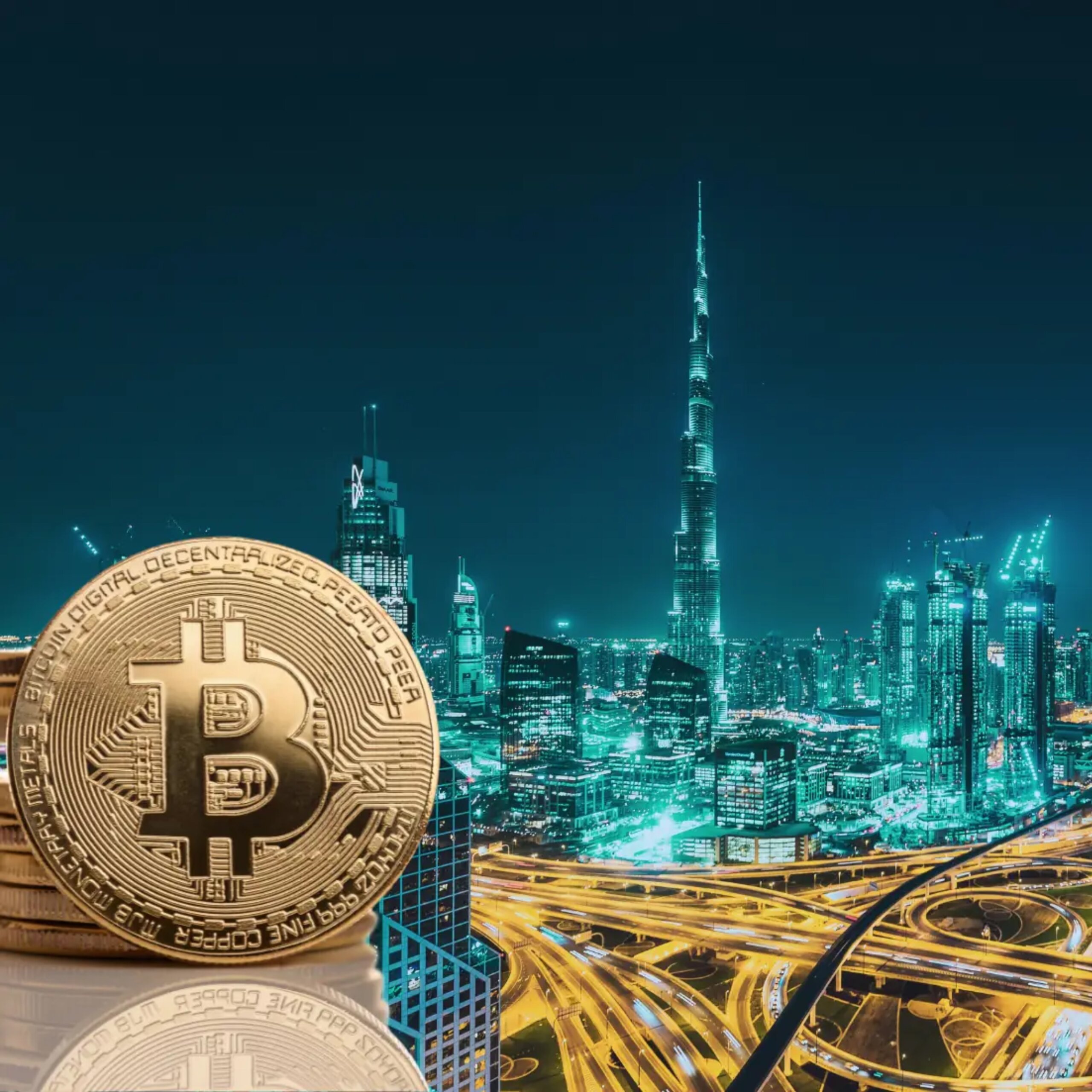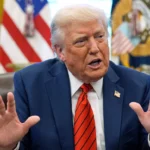The UAE’s forward-thinking approach to crypto regulations is rapidly establishing it as a global leader in digital finance, paving the way for blockchain’s potential to transform economic structures. “Blockchain is poised to revolutionize transactions just as the internet revolutionized information,” says Saqr Ereiqat, CEO of TDMM. Ereiqat emphasized that blockchain’s ability to unify siloed data, from banking records to identification, could boost global GDP by an estimated 4%.
A recent report, The 2024 Geography of Crypto by Chainalysis, highlights the UAE’s proactive adoption of blockchain, crediting a clear regulatory environment as a driver for its growth. This regulatory stance has made the UAE a top destination for DeFi innovation and crypto participation. According to the report, the UAE’s policies have attracted diverse crypto users, strengthening its position as a hub for decentralized finance and blockchain activities.
UAE’s pro-crypto government
Elizabeth Wallace, Associate Director of Policy & Legal at the Dubai Financial Services Authority (DFSA), underscored the importance of anti-money laundering (AML) and counter-financing of terrorism (CFT) measures within the UAE’s crypto strategy. She pointed to the Dubai International Financial Centre’s (DIFC) risk-based framework as a model of the UAE’s commitment to responsible crypto use.
Speaking at GITEX Global 2024, Wallace explained DFSA’s “crypto explainer,” designed to provide transparent expectations around the country’s crypto future, with a focus on security and privacy. This guide outlines how DFSA regulates crypto services within the DIFC, reinforcing the UAE’s commitment to safe, sustainable growth.
In 2024, the UAE expanded its crypto regulations to encourage the mainstream use of “fiat-crypto tokens,” or stablecoins, which have become essential across the MENA region. According to Chainalysis, stablecoin usage has gained traction in the UAE, Saudi Arabia, and Turkey, surpassing traditional assets like bitcoin and ether.
Stablecoins are increasingly used in the UAE for tokenized investment in assets like real estate and gold, a trend that has extended from retail investors to institutional players, further embedding crypto in the local economy.
The enterprise blueprint for crypto adoption
Adding to its favorable regulatory landscape, the UAE recently removed VAT on crypto transactions, including transfers, conversions, and storage. This exemption reduces operational costs, creating an attractive climate for crypto businesses, says Kartik Sangar, Group CFO of Smart Zone. He believes the VAT exemption will encourage companies to establish a presence in the UAE, spurring further economic growth.
The UAE’s Virtual Assets Regulatory Authority (VARA) is also advancing consumer protection with new guidelines for crypto marketing. Sangar argues that transparent and responsible marketing practices enhance customer trust and position UAE-based firms as reputable players in the global crypto arena.
In a DeFi market as dynamic as the UAE’s, firms are adapting to evolving standards and the shift from data silos to integrated blockchain ecosystems. With robust regulatory backing and strategic adoption of blockchain, the UAE is well on its way to becoming the MENA region’s largest and most influential crypto economy.






